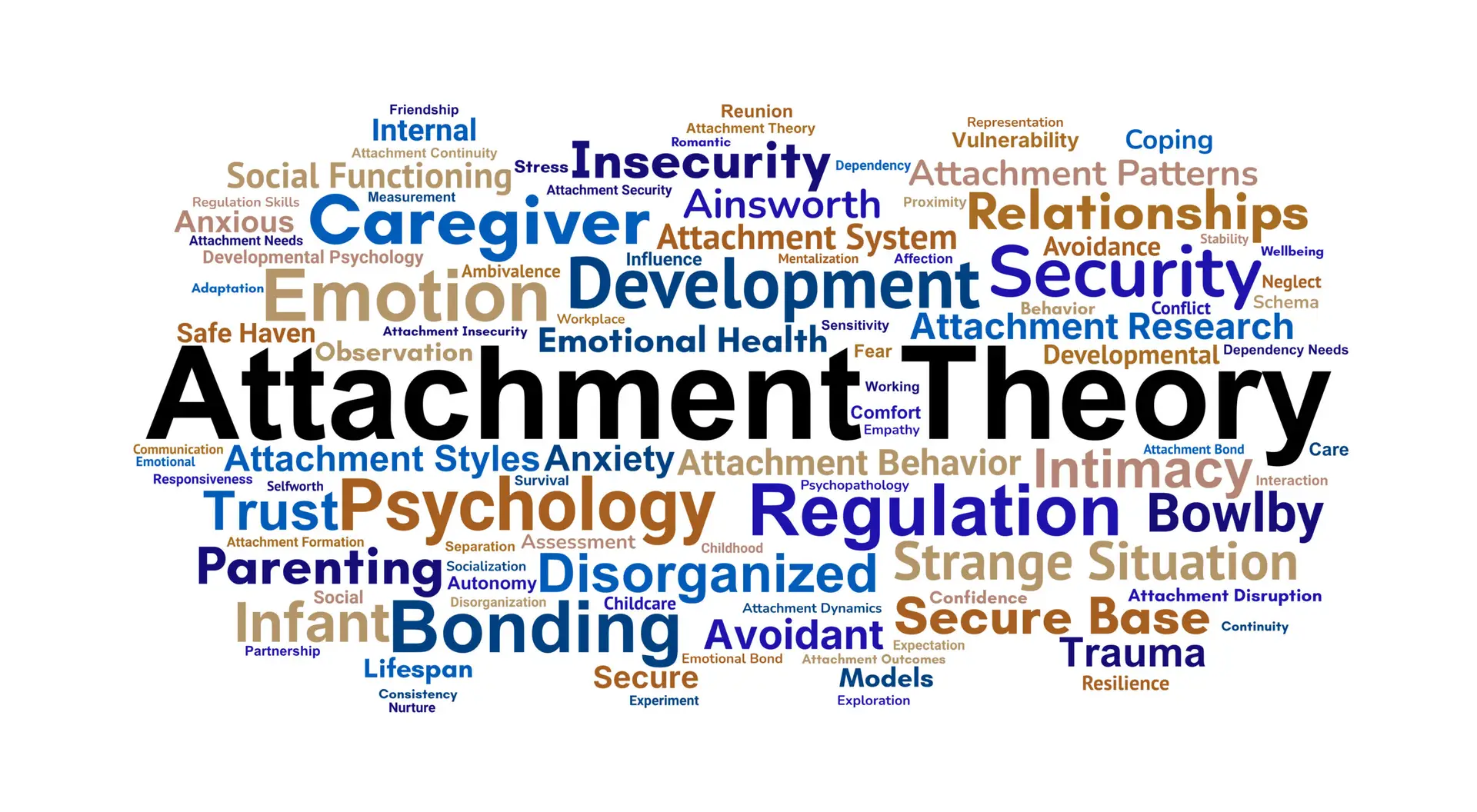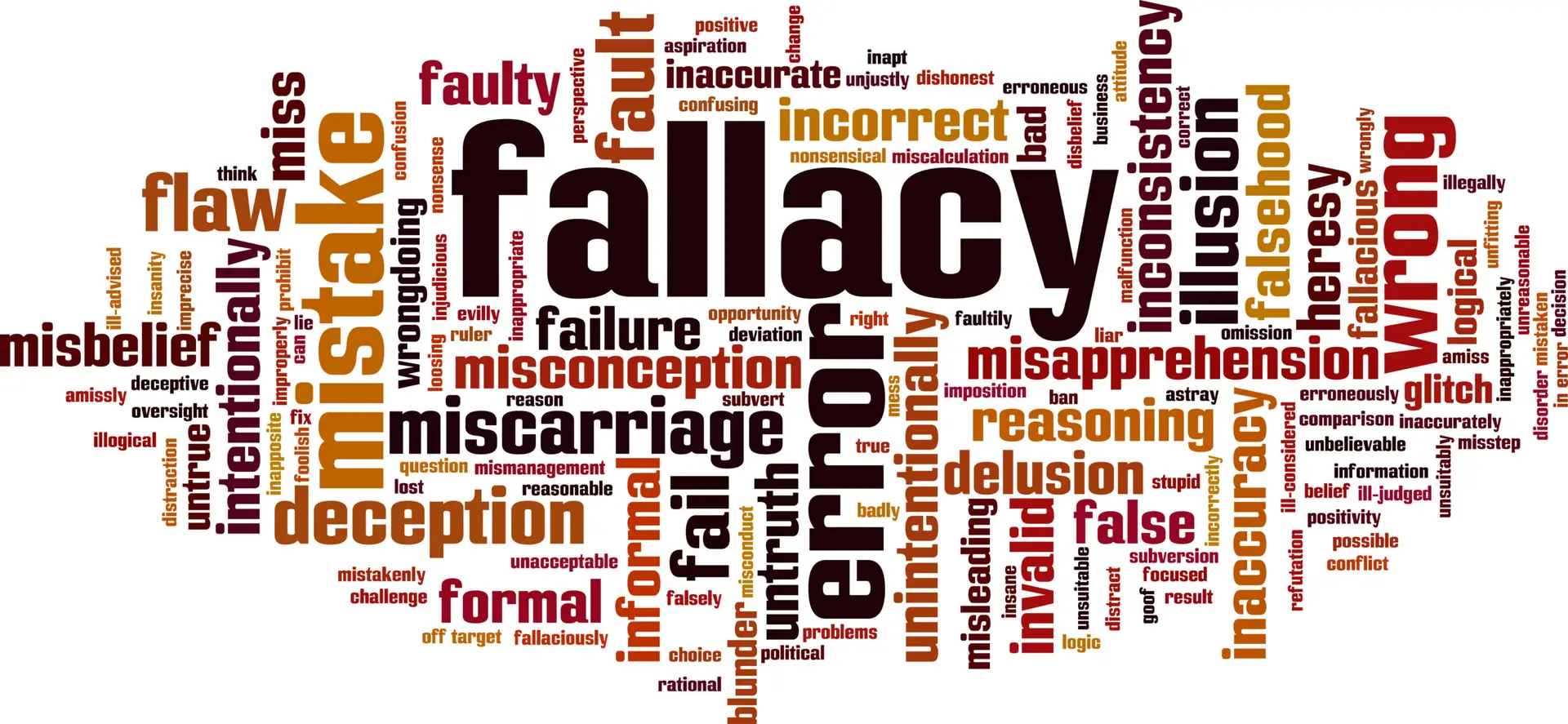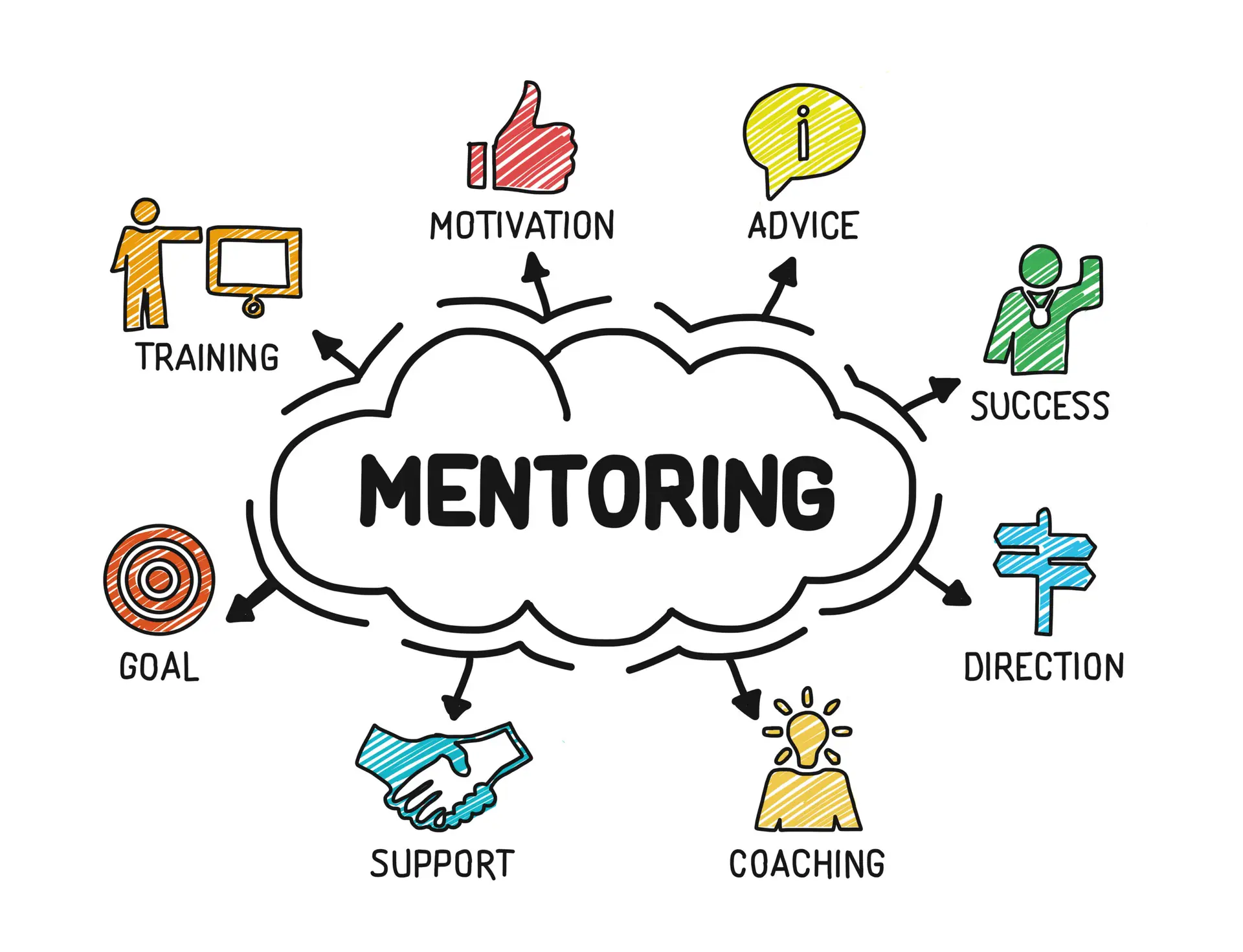How Do We Say No When We Can’t Say No?
Learning to be Compliant and Agreeable
When we have grown up in a narcissistic family, we have been conditioned into being compliant, passive and agreeable and we will therefore often struggle to not only know what our wants and needs are, but to be able to assert them, to be able to say no to people when we don’t want to do something, and to be able to generally live our lives in the way that we would like to. We may be aware of this consciously to some extent or we may be largely unaware of these underlying dynamics in our psyches.
Our behaviours are conditioned through reward and punishment. We are rewarded for passive behaviours, for being how the narcissistic parent wants us to be, for mirroring and admiring them and we are punished for being assertive through criticism, silent treatments and rages. This shapes the way we react to things; we develop an intricate set of coping mechanisms, and we move away from trying to be our real self and towards being an adapted version of ourselves.
Moving towards an adapted self is a process of:
- disowning the parts of ourselves that we have come to believe are unacceptable
- needing to find a way to try to get love and acceptance
- becoming motivated largely by our fears
Subconscious Defences
Many of our ways of coping will be subconscious as they are defences. Defences work by us ‘not knowing’ we have them; in our conscious mind we have to believe they are true. There may be some awareness in some cases, for example, if we are a daily drinker, even though we may tell ourselves we drink to relax, there may be a vague awareness that there is a deeper issue. We may tell ourselves something like, ‘I probably do drink too much but it’s not that bad, it’s not like I wake up and drink vodka.’ Other defences may be completely subconscious.
There are many underlying fears which drive our defences. We are defending ourselves against facing truths and feelings we are not ready to face. We are protecting ourselves from rejection, abandonment, humiliation, being controlled and dominated, enmeshment, not knowing we don’t have good boundaries and from knowing ourselves – to name a few.
Why Do We Fear Saying No?
We fear saying no because to say no means to assert our own needs and wants which we have been conditioned against doing. To do this feels dangerous as in childhood, with narcissistic parents, it had serious consequences. It will feel more natural to be passive and uncomfortable to be assertive.
We fear saying no because we fear rejection and abandonment, which we expect as the consequences of displeasing others and not meeting their needs. These fears should not be underestimated. We may fear our flatmates, friends, partner or children will leave us or that we will get fired from our jobs or end up homeless.
We fear ‘making’ others feel bad – we over identify or over empathise with others, and this stops us from saying no.
Why Can’t We Say No? How Our Defences Work
As our self is becoming an adapted version of itself it learns to use the best defensive response through something called procedural or implicit memory. Implicit memory is related to unconscious memories, such as the ability to perform actions automatically, make connections, and respond to stimuli, for example, the ability to ride a bike is an unconscious skill once learned and our defensive responses are the same.
Memories of things like:
- feelings of helplessness
- unanswered cries for help and attention
- feelings of fear surrounding their frightened or frightening caregivers
are encoded into the nervous system and our emotions. Procedural memories are not experienced as memories but as reactions, feelings, strong mood states and dysregulated emotional states.
We learn over time that it is not in our best interests to say no (and assert ourselves) and this becomes an ingrained implicit body memory. This means that we will be triggered when we are ‘put on the spot’ by being asked to do something and we will go into a submissive defence where we don’t know we want to say no, are aware but can’t say no, or we attempt to say no but struggle and give in quickly to the asks of others.
We Don’t Know We Want to Say No
People who have developed behavioural patterns of putting others first and themselves last may not be fully in touch with the fact they may want to say no.
They may think, ‘I just really like doing things for people, I am laid back, I am nice’ which may be true, but, if we only do for others and don’t really do for ourselves this may be a clue that we are in a defence. Any resentment against others for not recognising how much we do for them is a clue that we are not only acting from the goodness of our hearts.
We may believe it is selfish to not help others or to not be compliant.
Many of us have a harsh inner critic or inner drill sergeant which keeps our needs and wants down – it tells us how pathetic we are or similar and this makes us more submissive and helps us to go along with others. It stops us from feeling self-compassion which, should we feel that, would make us want to strive towards good things for ourselves and we would see ourselves as being as important as others. Self-compassion feels dangerous and is out of the question for many until they start to recover from the dysfunction.
We Want to Say No But Can’t
Some people may find that they are unable to physically say no even when they are aware they want to.
We may go out on dates with people as we don’t want to hurt their feelings.
We may meet people we don’t want to meet.
We May Try to Avoid Anything Being Asked of Us By:
Females may dress in a masculine way – this can deflect romantic interest and competition from other females.
We may dress in a way that is unattractive in general.
By being late often or being unreliable we can put others off asking us to do things for them.
We may be ditsy and incompetent as a way of not being asked to do things.
We may avoid people as much as possible so that they can’t ask things of us.
We may drink a lot or take a lot of drugs, and this can keep others away from us.
We may gain weight, not look after ourselves or try to make ourselves unattractive to keep potential romantic partners away (please see Body Image and Binge Eating article).
We may create arguments with people close to us which helps to create emotional and physical distance for us as we can then storm off or the other person can storm off.
We may say maybe when we want to say no and hope it will be left at that.
We may make passive-aggressive comments.
We may use anger to create distance. Anger pushes people away.
We may go away for holidays like Christmas so we can avoid others and escape invitations.
We may pretend to be ill to get out of social engagements.
We may actually feel physically ill but it is psychosomatic.
How Do We Learn to Say No?
Learning to say no and set boundaries is one of the hardest challenges to face as it means undoing years of conditioning and challenging many of our core beliefs. We need to change our relationship with ourselves. Any underlying fear needs to subside, we need to get to know ourselves and to like ourselves enough that the ‘old ways of being’ are no longer comfortable and no longer needed. So how do we do this?
We need to:
- Develop our self-awareness
- Be curious about why we do the things we do
- Get to know our triggers and what our triggered responses feel like. This helps us to understand ourselves and self-compassion develops out of that understanding
We will then be in a place where we feel we are worth treating well. We say yes and no when we want to, but we also balance this with compromise when it’s needed and sometimes go along with things when we may not want to. We balance our own needs along with the needs of others.
Note:
Some people who are used to you not setting boundaries may like the relationship that way and may not take to the new you. Be prepared for others to possibly be annoyed.








This Post Has 2 Comments
Thank you for really drilling down into the learned reactions and how they can affect us without even realising it! Looking forward to reading more.
Hi Jennifer,
Thank you. Glad it was useful.